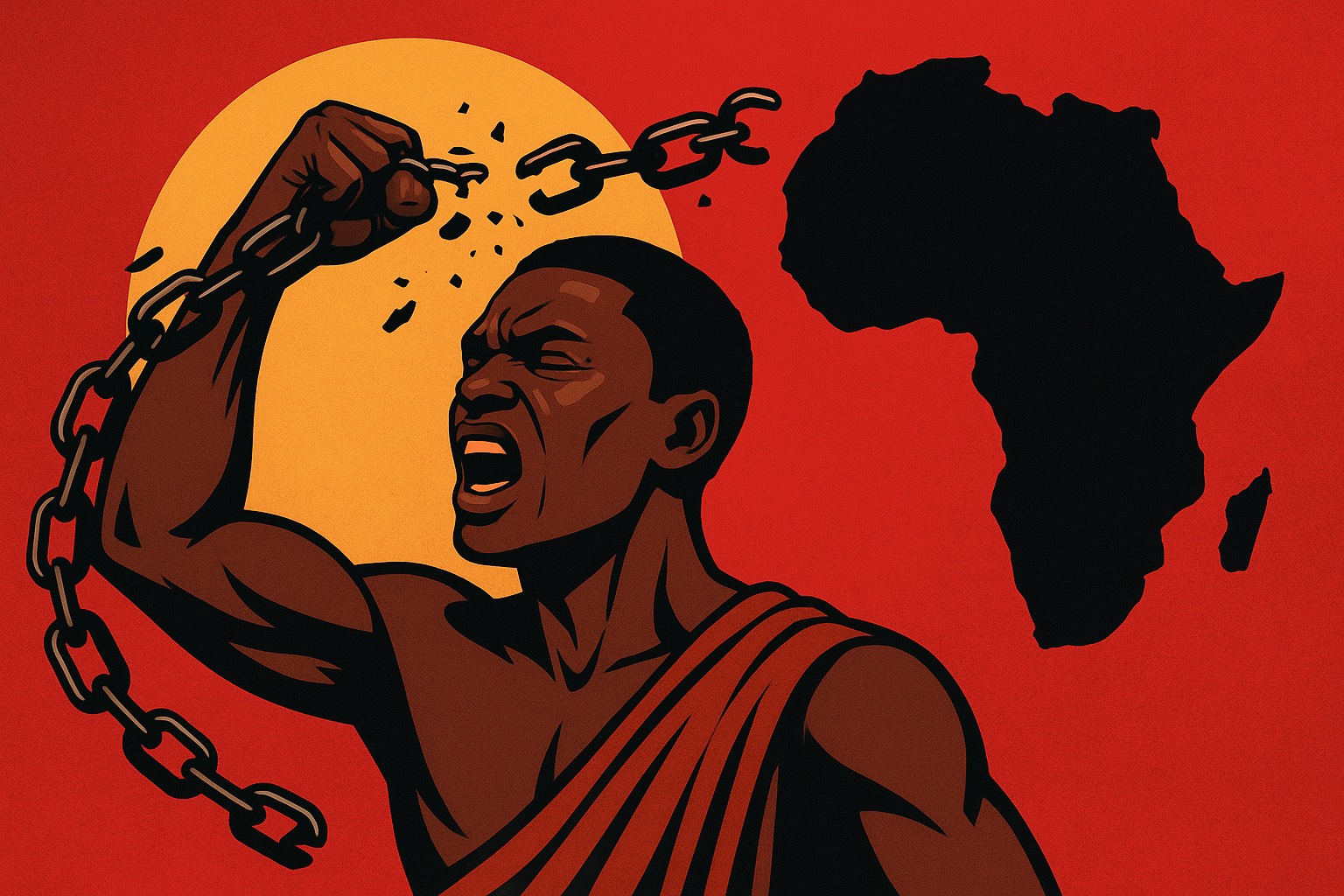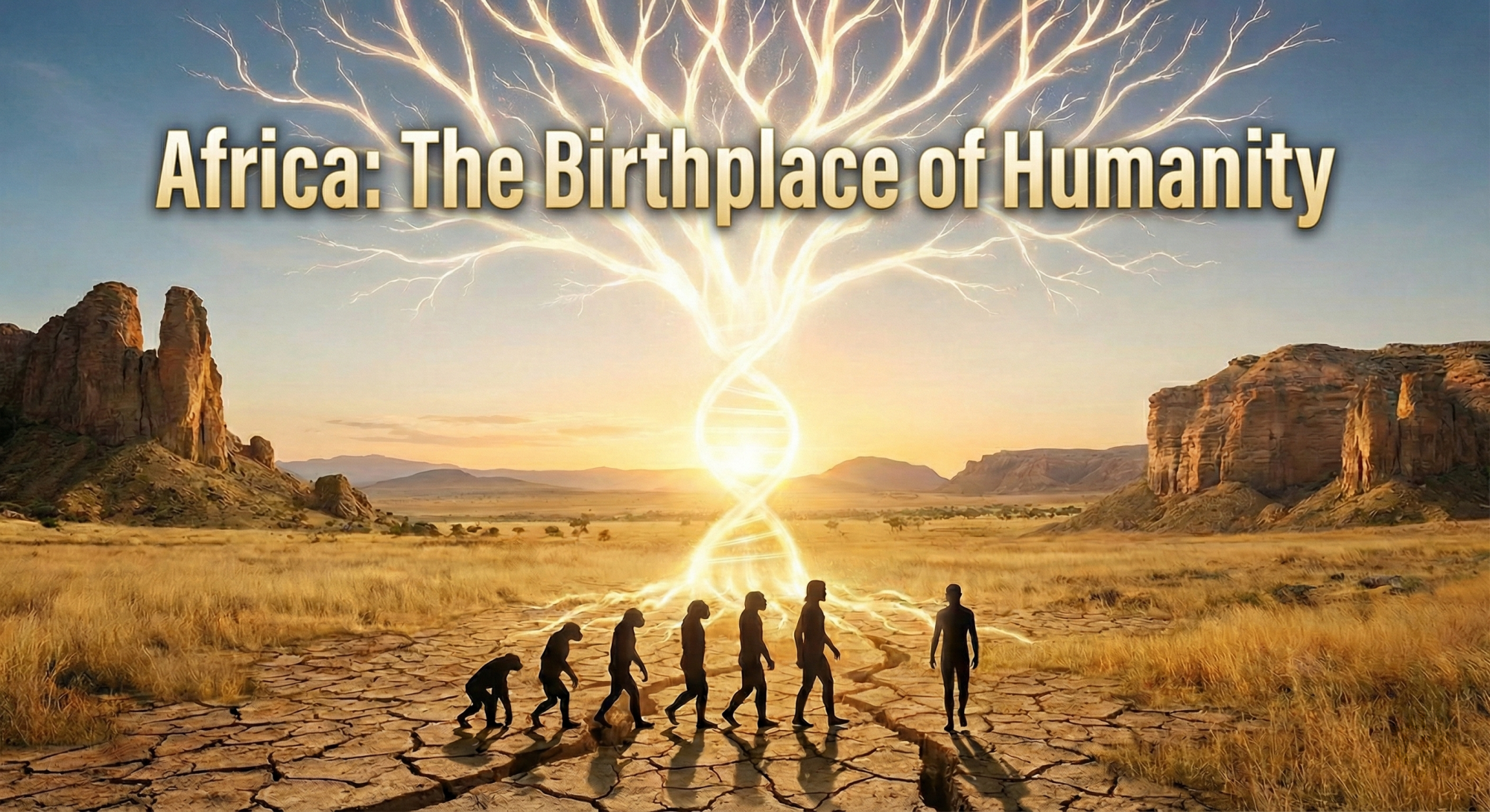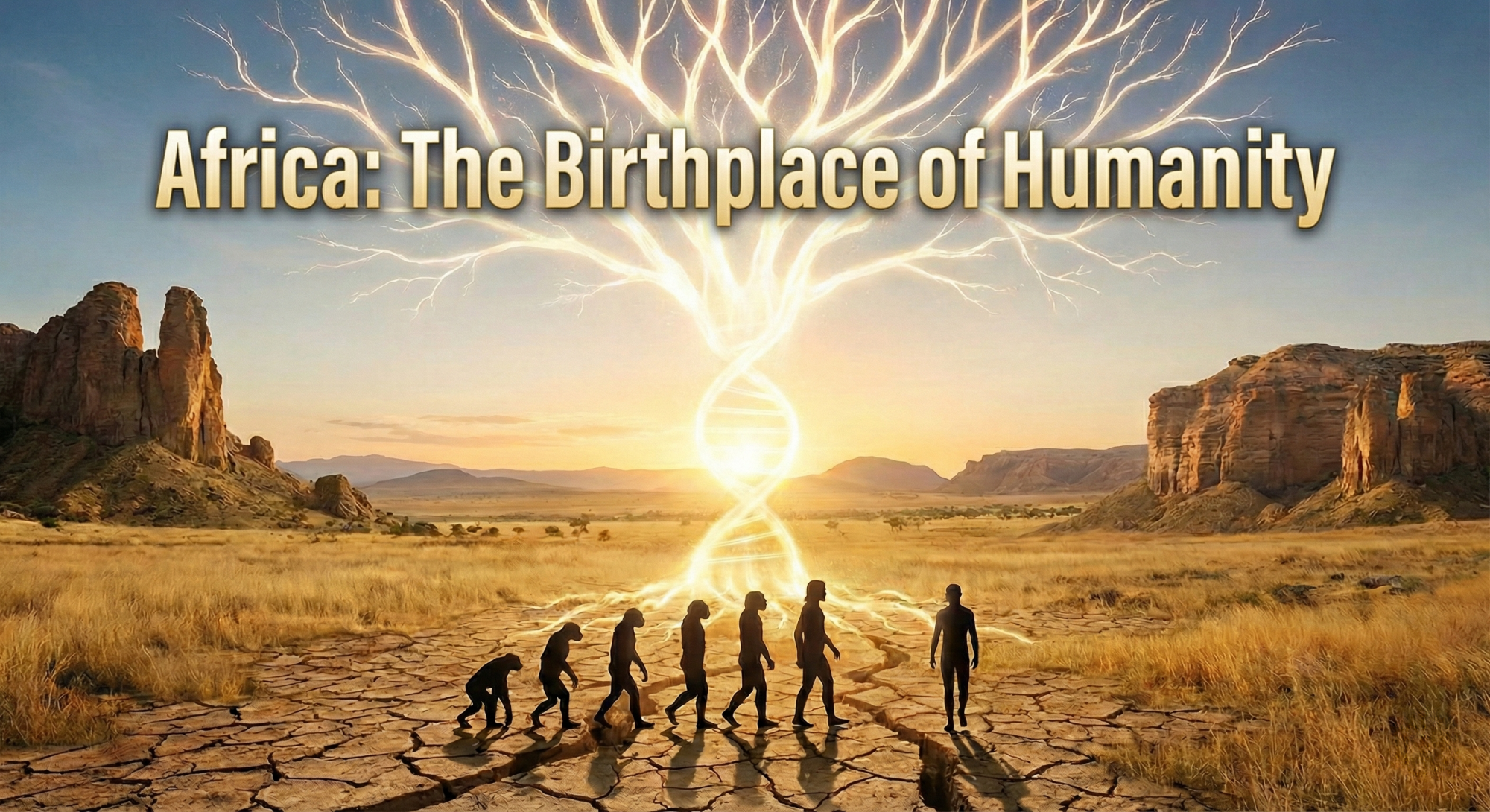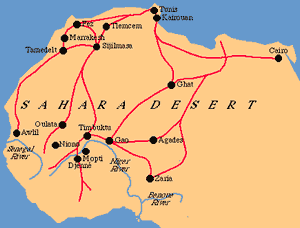From Victims to Conquerors: Reclaiming the African Mindset

From Victims to Conquerors: Reclaiming the African Mindset
Africa’s greatest battle isn’t poverty, it’s mindset. This powerful essay explores how Africans can shed the victim mentality, overcome inferiority, and reclaim their identity as conquerors on the continent and in the diaspora.
For too long, Africa has been described in one word: Victim.
Victim of slavery.
Victim of colonisation.
Victim of corruption.
Victim of poverty.
Every documentary, every think-piece, every outsider’s report paints us in the same brush: the suffering continent. And slowly, like a dangerous whisper, that narrative found its way into our bones. Too many Africans, at home and abroad, swallowed the lie that we are powerless, that we are always behind, that we always need to be rescued.
But here’s the truth: Africa is not a victim. Africans are not helpless. We are heirs of empires, builders of civilisations, creators of culture, and carriers of wisdom. The real battle is not about our resources, our politics, or even our borders; it’s about the mindset we choose to wear. This is the shift we must make: from victims to conquerors.
The Psychology of Victimhood: Chains You Can’t See
When you strip away the politics and the statistics, what keeps Africa in chains is not just economics, it’s psychology. Victimhood becomes a lens, and once you put it on, you start to interpret everything as proof that you cannot rise.
• Colonial residue. Generations were told their traditions were barbaric, their languages unworthy, their faith primitive. That residue still lingers when young Africans prefer foreign over local, or when an African accent is mocked even by Africans themselves.
• Dependency culture. Aid packages, foreign “development projects,” and imported solutions have conditioned us to look outward for rescue. We beg instead of build, because we’ve been programmed to think we cannot save ourselves.
• Diaspora wounds. Even abroad, Africans are taught to dim their light. To “blend in.” To work twice as hard to prove they belong. Many become trapped between assimilation and shame, never fully owning their heritage, never fully free. This mindset has consequences. Victims don’t create solutions; they wait for them. Victims don’t own the narrative; they react to it. Victims don’t rise; they survive.
But conquerors? Conquerors write history.
Remembering Who We Are: Africa’s Legacy of Power
To break free, Africans must remember the truth: we have been conquerors before. Long before colonisers drew lines on a map, Africa gave the world mathematics, medicine, astronomy, philosophy, and governance.
• Mali’s Golden Age. In the 14th century, Timbuktu wasn’t just a desert town; it was one of the world’s intellectual capitals, with universities that drew scholars from across the globe. Mansa Musa, often called the richest man in history, showed what African wealth could look like when harnessed with vision.
• Egypt & Nubia. Long before Europe “discovered” science, Africans were studying the stars, engineering pyramids, and practising surgery. African civilisations laid the foundation for modern knowledge.
• Great Zimbabwe. Stone cities and monumental architecture prove that Africans mastered urban planning and engineering centuries ago.
These weren’t footnotes; they were golden chapters. But somewhere between colonisation and exploitation, Africans were convinced to forget. Reclaiming the mindset of conquerors starts by reconnecting with this truth: we are descendants of greatness, not beggars for survival.
Inferiority Complex: The Silent Killer
Let’s call it what it is: Africa’s biggest enemy is not corruption, not poverty, not even neo-colonialism. It is inferiority. It shows up when:
• A Nigerian student in London hides their Yoruba name because it feels “too difficult.”
• A Ghanaian business prefers foreign consultants over equally qualified local talent.
• A Kenyan teenager is more fluent in TikTok slang than in their mother tongue.
Every time we devalue ourselves, we reinforce the chains. Inferiority is the most dangerous weapon colonisers left behind because it’s invisible, and because it works from the inside out. The shift from victim to conqueror requires one radical step: Africans must believe deeply, unapologetically, in their own worth.
What It Means to Be a Conqueror
Being a conqueror doesn’t mean aggression, violence, or domination. It means stepping into ownership, confidence, and power.
1. Narrative Ownership. Stop letting others tell Africa’s story. If CNN calls Africa “a land of poverty,” we create platforms that show its innovation. If textbooks erase African empires, we rewrite them.
2. Economic Agency. Conquerors don’t sell raw cocoa and import chocolate; they build industries. They don’t let foreign companies mine their cobalt while communities remain poor; they demand equity, ownership, and value creation.
3. Cultural Confidence. Conquerors don’t apologise for their languages, fashion, food, or music. They elevate them. Afrobeats, Nollywood, Amapiano, Ankara fashion, these are not just trends; they are proof of Africa’s soft power reshaping the world.
4. Diaspora Connection. Conquerors see no division between Lagos and Atlanta, Accra and London, Johannesburg and Toronto. Whether on the continent or in the diaspora, Africans must see themselves as one body with one destiny.
Diaspora: The Sleeping Giant
Africans abroad often carry double weight: the trauma of racism and the shame of being “othered.” But what if the diaspora saw itself not as scattered victims, but as a global army of builders?
• African-Americans drive cultural influence through music, fashion, and activism.
• Afro-Caribbeans carry deep traditions and resilience.
• African immigrants excel in medicine, tech, and entrepreneurship globally.
If all this talent, money, and knowledge were reconnected to the continent with purpose, Africa would no longer be begging for aid. We’d have our own Marshall Plan by Africans, for Africans.
Conquerors think globally. Victims think locally.
Breaking the Cycle: What Every African Must Do
This isn’t just theory, it’s practical. Every African, whether in a village in Uganda or a tech hub in California, can live as a conqueror:
• Educate Yourself. Learn African history beyond colonial textbooks. Know the names of your heroes.
• Speak Your Language. Teach your children Igbo, Amharic, Zulu, or Swahili. Language is ownership.
• Support African Business. Buy local. Invest in African entrepreneurs. Choose ownership over imports.
• Tell Your Story. Whether on TikTok, YouTube, or books, put African stories in the world.
• Unlearn Inferiority. Stop apologising for being African. Walk with the confidence of your ancestors.
Because the battle is not just external, it’s internal.
The Africa the World Fears
Let’s be real: a united, confident, self-aware Africa is the world’s biggest threat and greatest hope. The world fears an Africa that:
• Processes its own oil, cocoa, and gold.
• Speaks proudly in its own languages.
• Builds its own Silicon Valleys, Hollywoods, and Wall Streets.
• Stands united in politics and trade.
That’s not a dream. That’s a possibility if Africans choose to stop wearing the cloak of victimhood.
Final Word: Conquerors Don’t Ask, They Take
Africa is not a child waiting to be saved. Africa is a giant waking from sleep. And when we reclaim our mindset, when we shift from victims to conquerors, the game changes. Conquerors don’t ask for permission to exist. They build. They create. They own. They rise.
So the question for every African today is simple: Will you keep living as a victim of history, or rise as a conqueror of destiny? Because the world won’t give us power. We must take it back.


